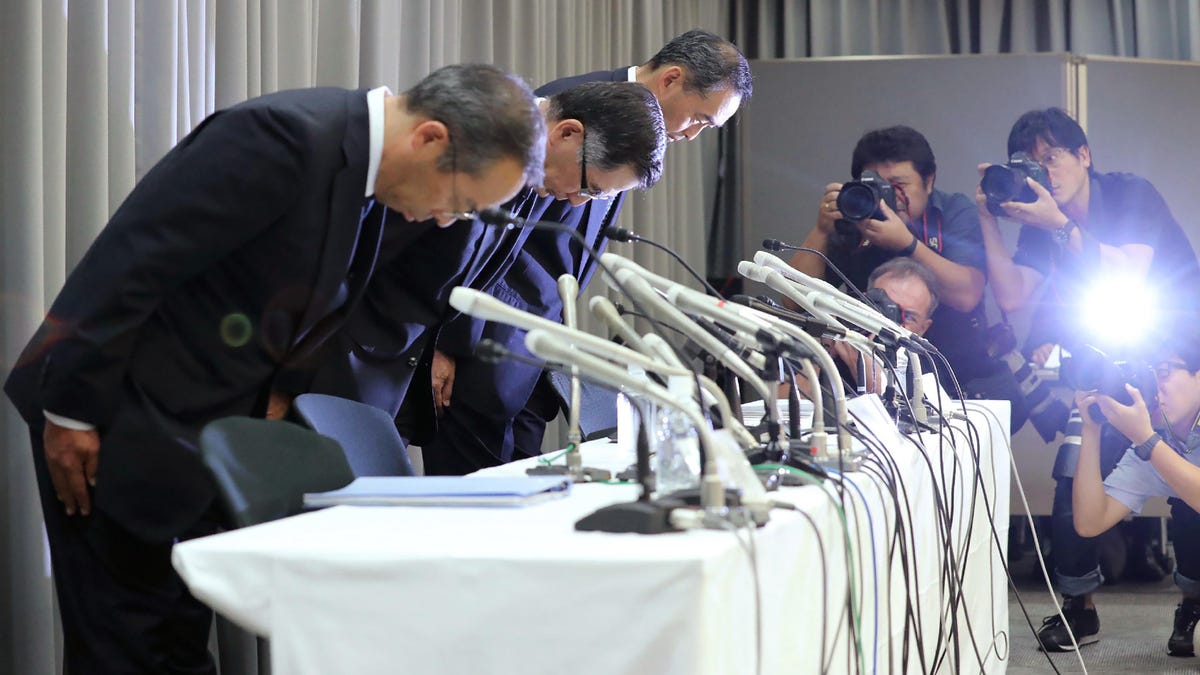Mazda, Suzuki, Yamaha fess up to improperly testing vehicles in Japan
They didn't break any laws, apparently, but the optics aren't exactly good.
Late last year, both Nissan and Subaru copped to decades of flawed vehicle inspections that didn't follow proper procedure. Today, three more Japanese manufacturers find themselves in a similar mess.
Mazda , Suzuki and Yamaha have all admitted to improperly testing the fuel economy and emissions of some of its Japanese-market vehicles, Reuters reports. All three companies have since apologized for their malfeasance.
After Nissan and Subaru's problems, the Japanese government asked other domestic manufacturers to look back at their own testing processes, which is why all three companies discovered their issues in the same time frame. According to Reuters, "the errors related to slight deviations in the speed of the vehicles during testing that should have invalidated the test results." Instead, the vehicles were given the all clear and shipped off for sale.
Following investigations into these improprieties, it was determined that the vehicles had no major deviations between the incorrect tests and what the figures should have been. Thus, there will be no recalls. That said, it still affected a number of vehicles -- Suzuki said that approximately 50 percent of the 12,819 vehicles it tested were done with the improper procedures. But while the cars themselves might be fine, it certainly hasn't done anything but sully the reputations of all companies involved.
Nissan and Subaru encountered a similar issue in late 2017. Both automakers admitted to using non-registered inspectors to conduct final safety checks in some of its Japanese-market vehicles. Just as in this case, the vehicles were likely just fine, but unlike this latest case, both automakers ended up recalling the affected cars.


